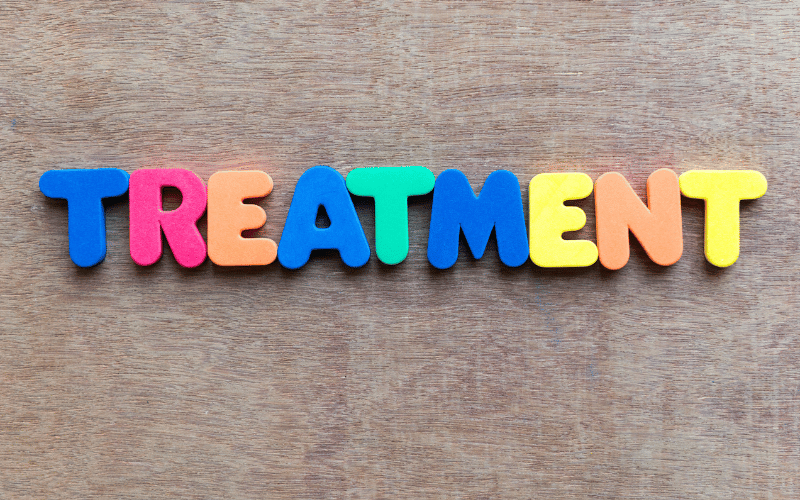Fact 9: Available Medical Treatments

When home remedies and lifestyle changes fall short, modern medicine comes to the rescue with a range of treatments tailored for chronic constipation. From over-the-counter solutions to prescription medications, the medical community has armed itself well to combat this condition.
Laxatives, available readily at drugstores, are often the first port of call. These compounds increase stool’s water content, making it easier to pass. Different types, from bulk-forming to stimulant, cater to various needs and have to be chosen wisely to avoid dependency.
For those who don’t find relief with OTC laxatives, prescription drugs come into play. Medications like Lubiprostone or Linaclotide help increase the fluid in the intestines, facilitating smoother bowel movements. Always used under medical supervision, these drugs target specific problems and provide targeted relief.
Sometimes, the muscles involved in bowel movements don’t work in harmony. Biofeedback therapy serves as a re-education program for them. Through sensors, patients can visualize bodily processes in real-time and learn to make precise muscle movements, enhancing bowel function.
Physical therapy offers a structured approach to exercises that benefit bowel movements. It’s not just about general fitness but targeted exercises that strengthen particular muscle groups, ensuring effective and regular bowel movements. In cases where chronic constipation results from physical obstructions or issues like rectocele, surgery becomes an option. Procedures might involve removing a part of the colon or rectifying physical anomalies. While it’s the last resort, it’s sometimes the only way to restore a patient’s quality of life. (9)